The first week of May saw England’s Football Association (The FA) launch a new ‘England Football’ brand identity campaign based around boosting the grassroots game.
Introduced with a PR push and an integrated introductory campaign spearheaded by a hero spot and digital, the ‘England Football’ platform is based on a new hub which aims to ‘represent, unite and promote’ participation in football across the country.
Developed in harness with agency Matta and COPA90, the new name and identity aims to create ‘more chances and opportunities for people to play, coach and support football’ and to ‘connect the grassroots game with elite national teams’.
The identity itself seeks to symbolises inclusivity at all levels of football and instead of the usual three lions it features a cub, a lioness and a male lion all uniting to form a reworked version of the famous England crest in a way that represent everyone.
The new red logo will sit alongside the two other existing English football logos: the FA’s logo and the iconic badge of the England national Men’s and Women’s teams (known as the Three Lions and the Lionesses).
The film, distributed across digital and social channels, aims to capture the essence of football in England across all levels.
Produced by COPA90, it depicts the game’s diversity, its significance to local communities and also stars a strong line-up of England internationals including Harry Kane, Lucy Bronze, Azeem Amir, Demi Stokes and Marcus Rashford alongside grassroots soccer stars from around the country.
The video and supporting creative seeks to drive viewers to a new England Football ‘one-stop hub’: which offers information and access to FA participation and grassroots programmes, learning resources and administrative tools to help those who participate in and manage the grassroots game.
It also offers ticketing information for fans of England’s elite men’s, women’s, youth, and eLions eSports teams.
In parallel with the microsite, a new digital ‘Find Football’ tool helps players and parents find participation opportunities and directly book places on FA programmes: these include ‘Snickers Just Play’, ‘McDonald’s SuperKicks’, ‘The Bootroom’, ‘BT Playmaker’ and the ‘Weetabix Wildcats’ non-competitive fun football programme for girls, plus Age UK’s ‘Walking Football’ for older adults.
Commercial partners will also benefit from better visibility and participation in their products and programmes.
Plus there is a new ‘My England Football’ rewards program offering England fans, grassroots players and volunteers a series of ‘money-can’t-buy rewards’ and these will also dovetail with partner products including tie-ups with LG, Lucozade and Nike.
“This is a significant change as we unite all our grassroots initiatives and programmes under one banner,” said The FA CEO Mark Bullingham. “England Football will harness the unique ability of the England teams to inspire future generations and positively impact participation at all levels of the game. Kids want to be the next Steph Houghton, Harry Kane, Nikita Parris or Raheem Sterling.
“As well as inspiring future generations, England Football’s digital tools will help us to create more opportunities to play, coach and support the game, nationwide,” Bullingham added. “We want football to be For All and to play a major role in getting the country active following the impact of COVID-19 – England Football will help achieve that.”
This is the result of an 18-month project and according to The FA Commercial and Marketing Director Kathryn Swarbrick, the world’s oldest football governing body needed a D2C brand that could inspire “goosebumps in us all”.
“It’s more than a logo, and it’s been long in the works,” Swarbrick explained. “Driving change and through any organisation can be hard. You’ve got to show enough proof as well. So you’ve got to do the research and jump through the hoops to prove it works, that takes time. We’ve got a massive opportunity, especially coming out of Covid-19, where people maybe have lapsed out of the sport, generally. We need to engage communities, push the mental and physical wellbeing of the sport. We need to use this opportunity to get people back up and running.”
The FA’s brief to agency Matta was to ‘create a new consumer facing brand to see all the grassroots and participation aspects for the national game, providing an enhanced level of aspiration and inspiration for all those involved across the game; players, volunteers, and supporters of the game’.
The idea is that new brand will speak to the public, while The FA mother brand will be used for administrative/governance and the traditional three lions logo for the national teams.
Comment:
It was back in 1863 when The FA was formed by clubs Barnes, War Office, Crusaders, Forest, No Names, Blackheath, Kensington School, Perceval House, Surbiton, Blackheath Proprietory School, Charterhouse and Crystal Palace (but not the current Premier League club).
Like most sports organisation s, The FA is on the digital transformation curve and this move not only accelerates that journey but also responds to the grassroots disruption caused by pandemic and also seeks to tighten the grassroots-to-elite pyramidal bond threatened by the recent European Super League debacle.
There will, of course, be an initial wave of critical responses about sport being ruined by marketing and reactive nationalistic negativity about the desecration of the original England logo.
But the Activative team suggests we give it a chance and form an opinion once the waters have settled and the programme is bedded in.
Remember the London 2012 logo?

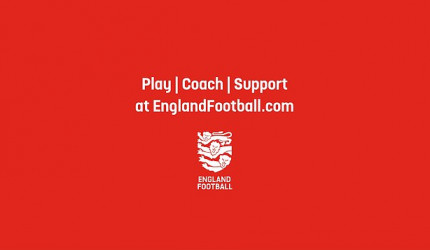






















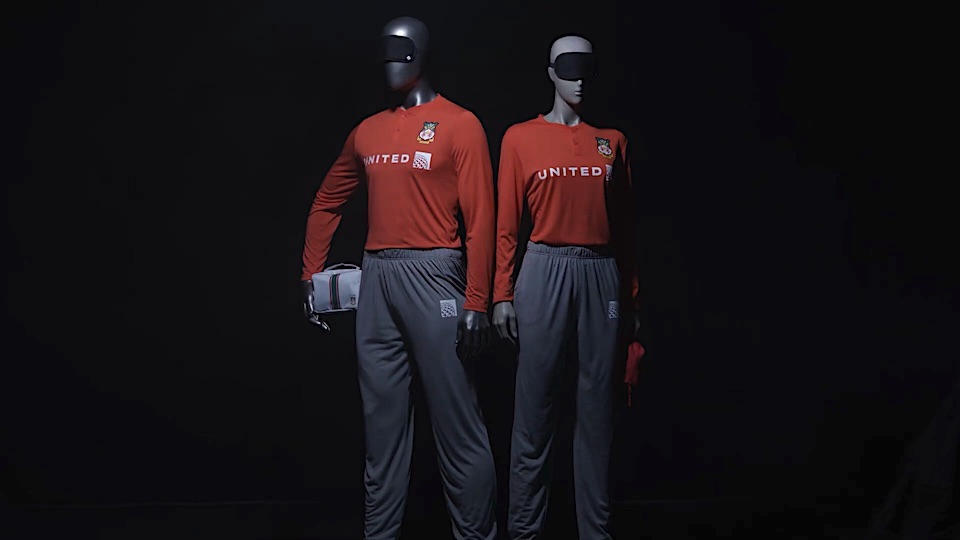

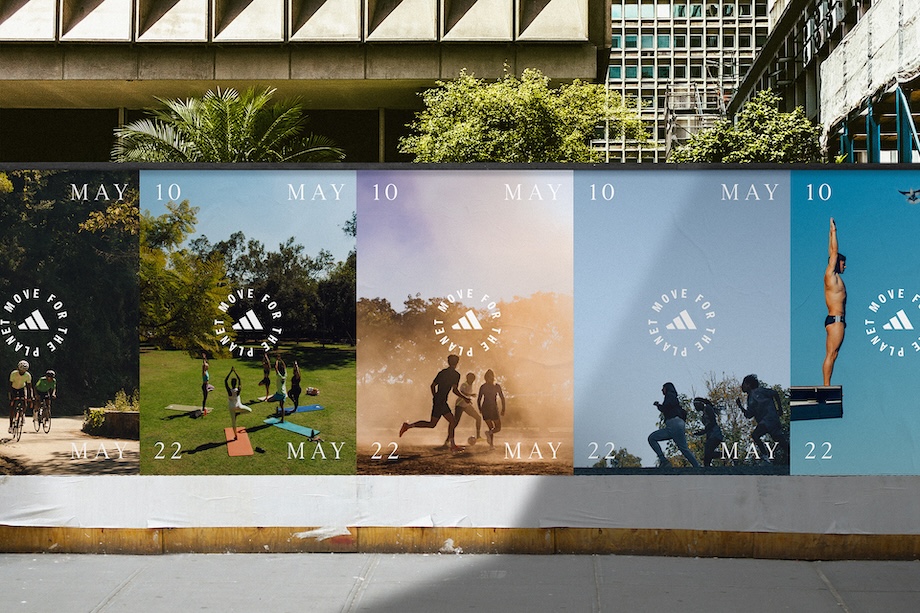
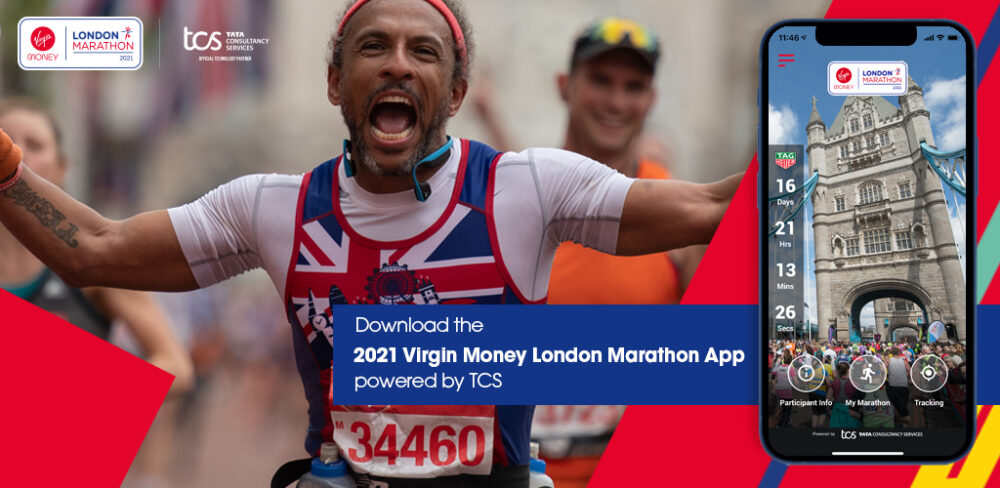
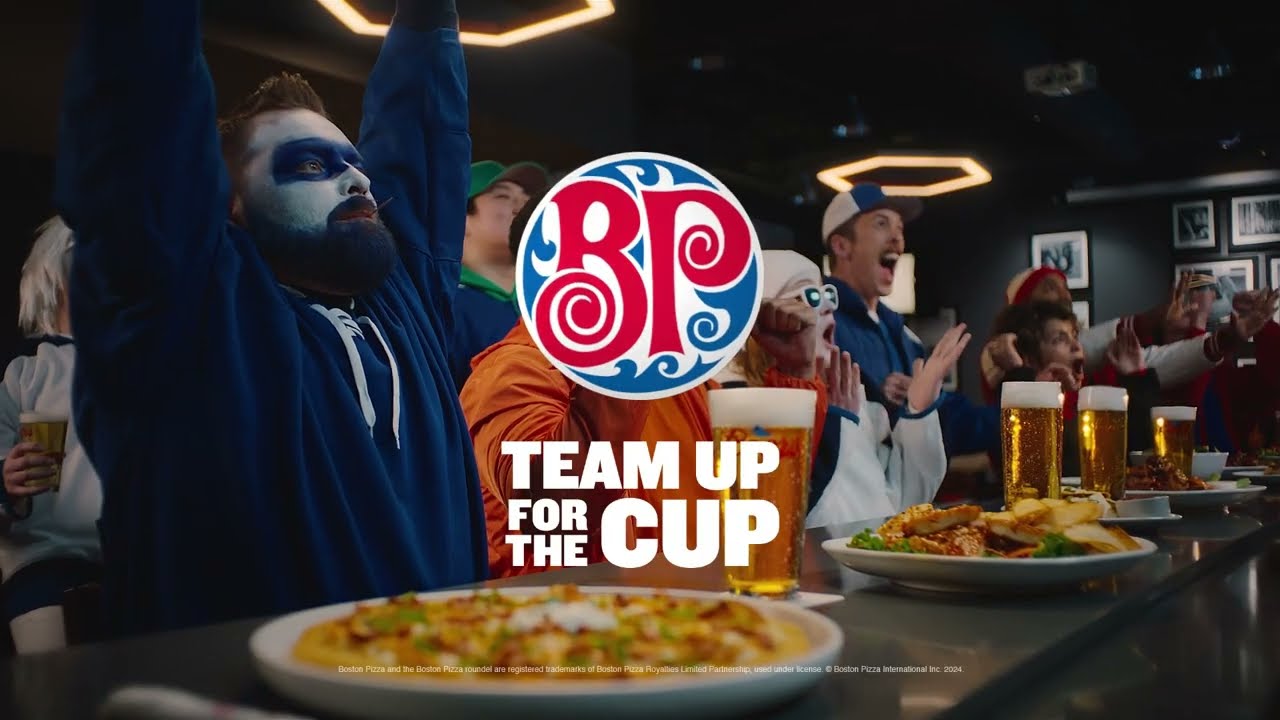
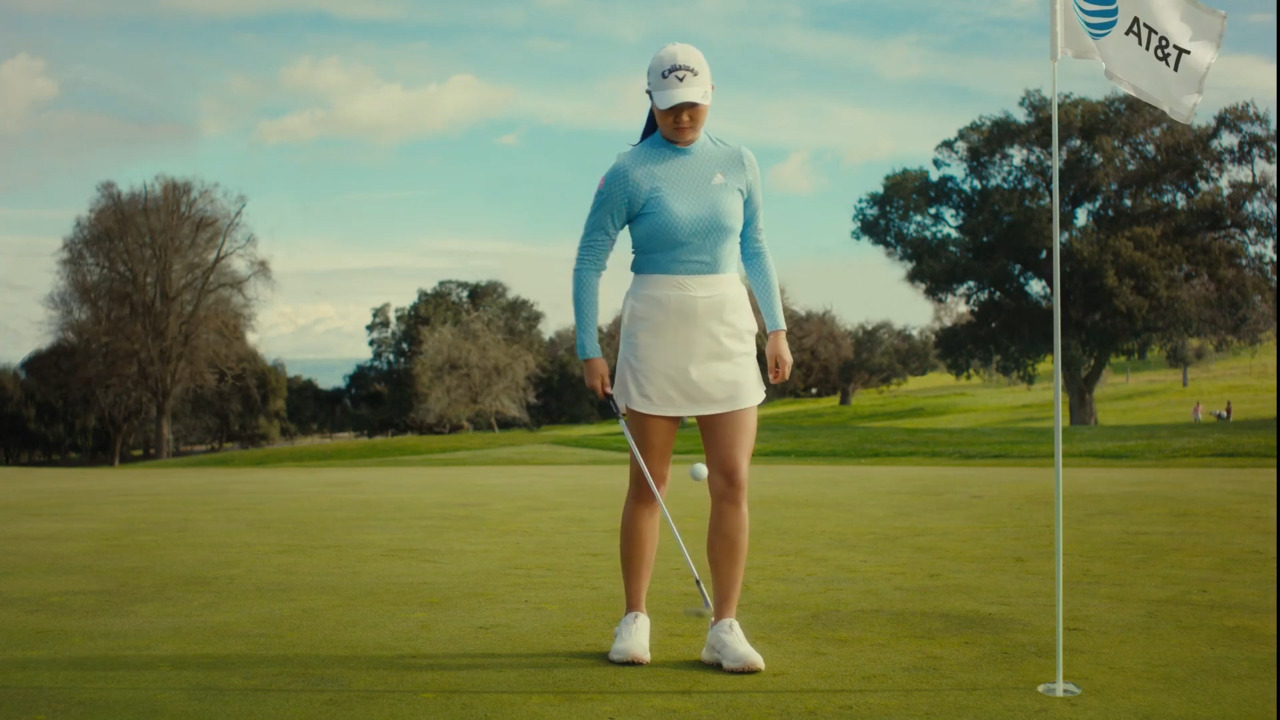
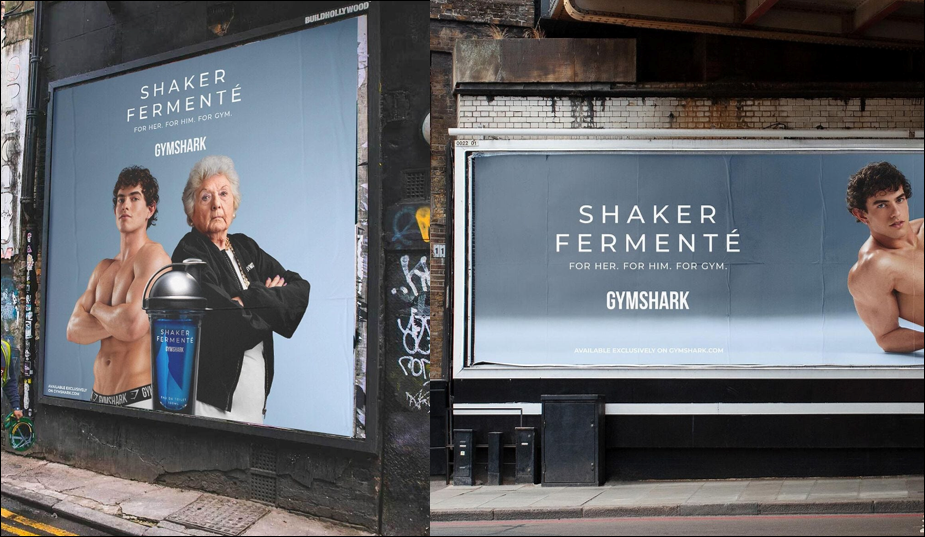
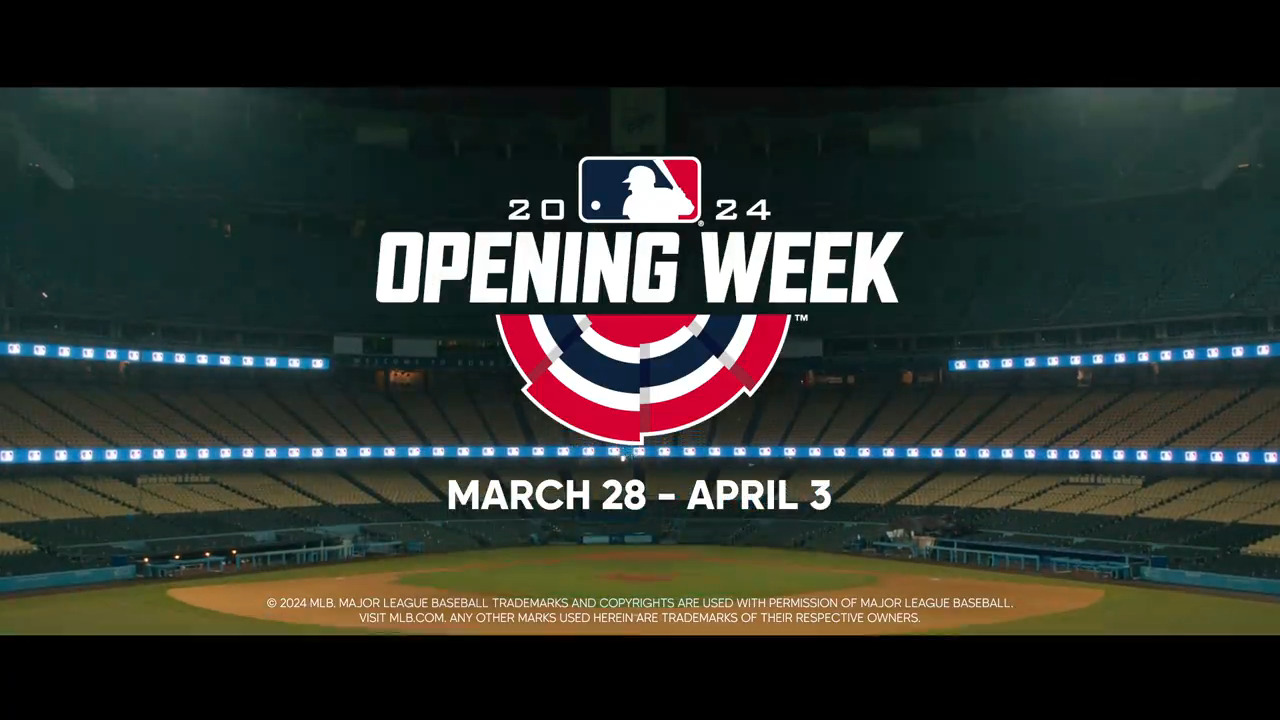

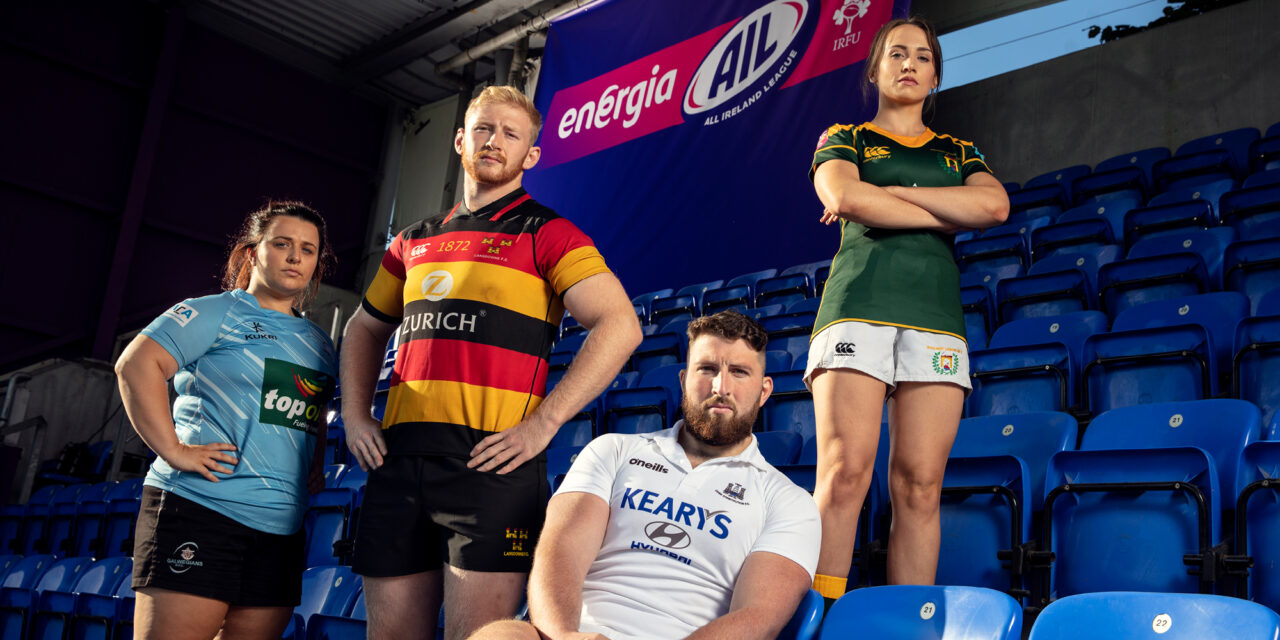
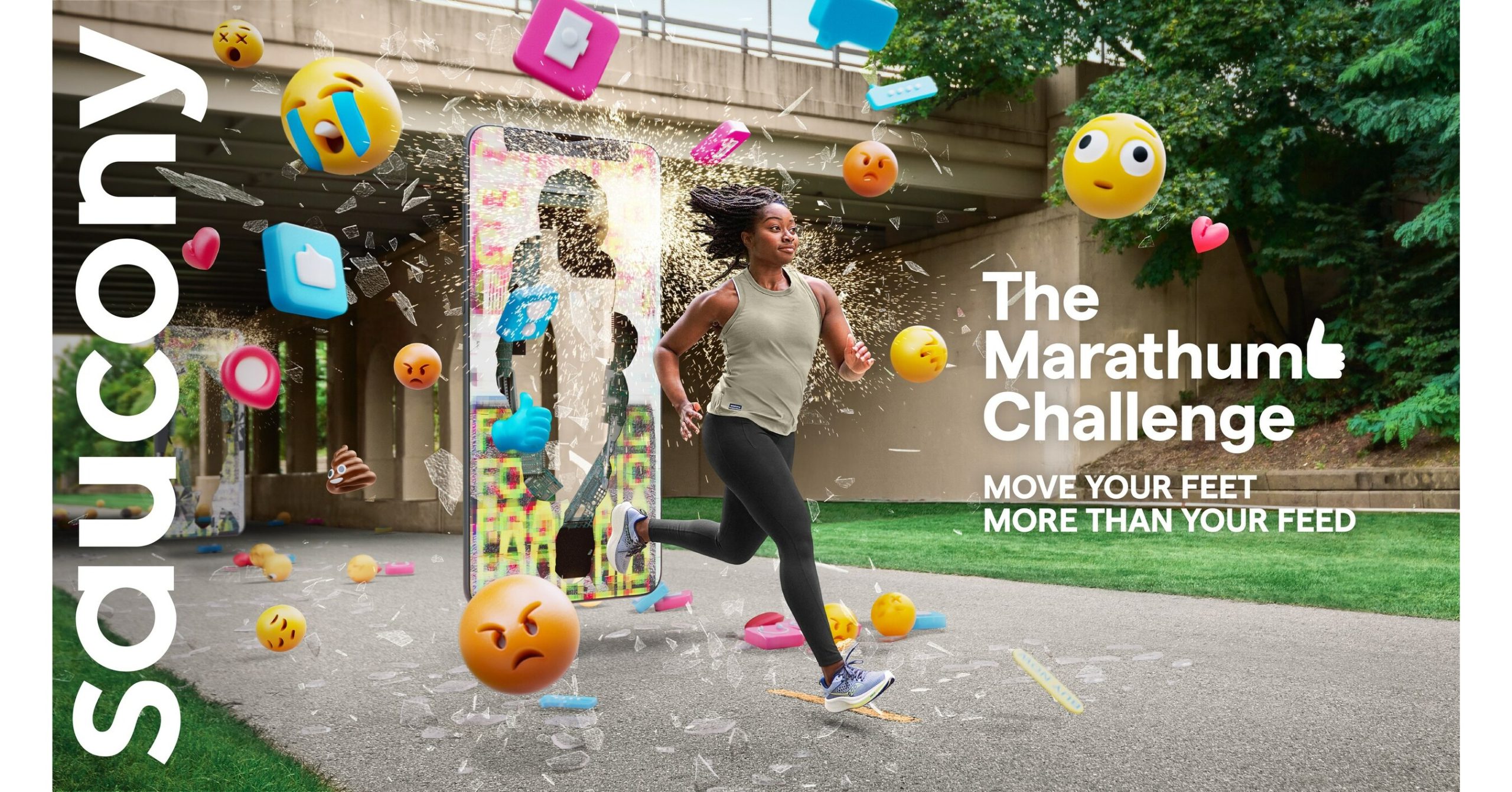

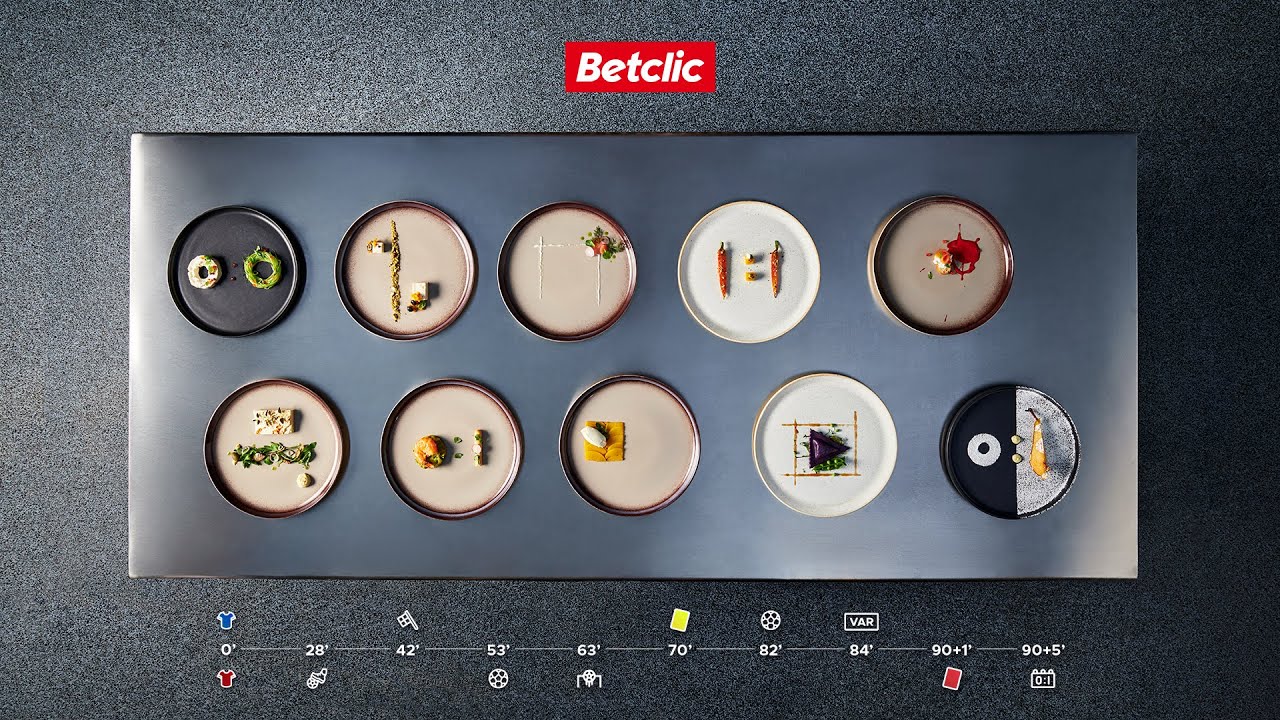

Leave a comment
You must be logged in to post a comment.